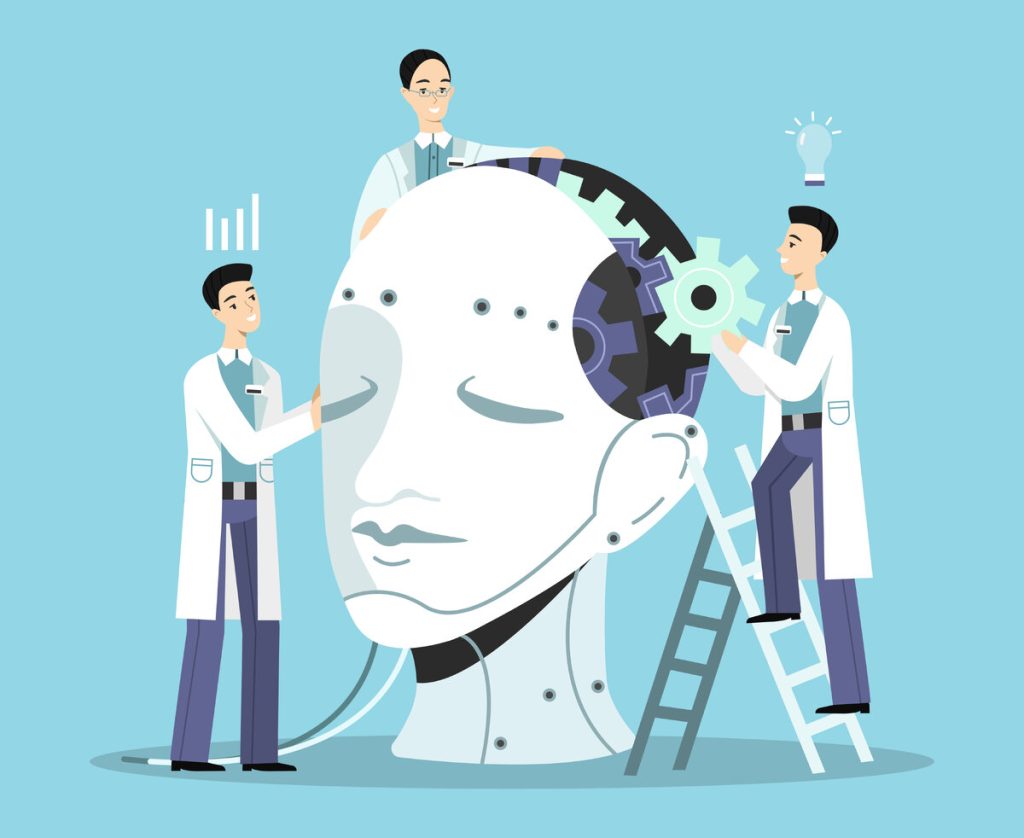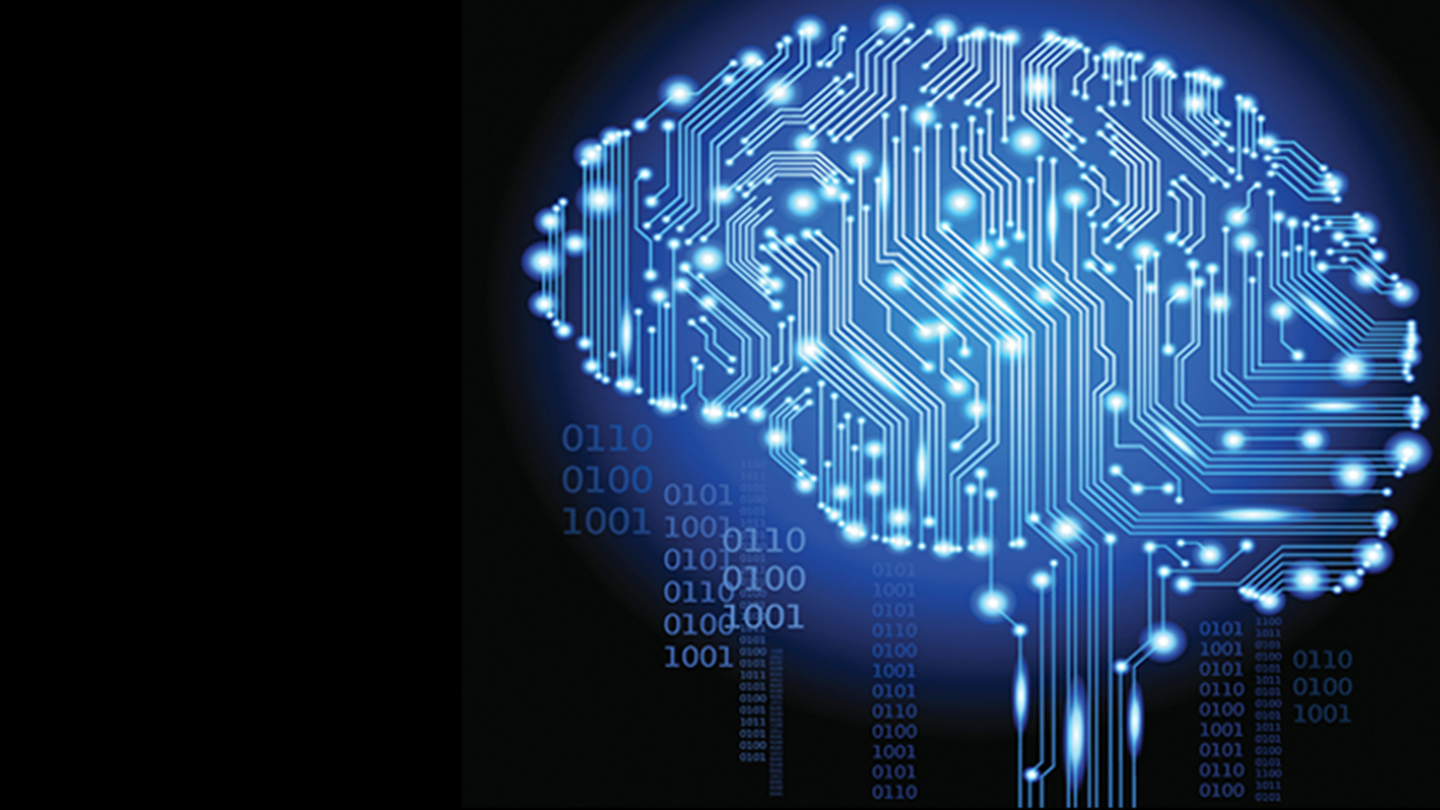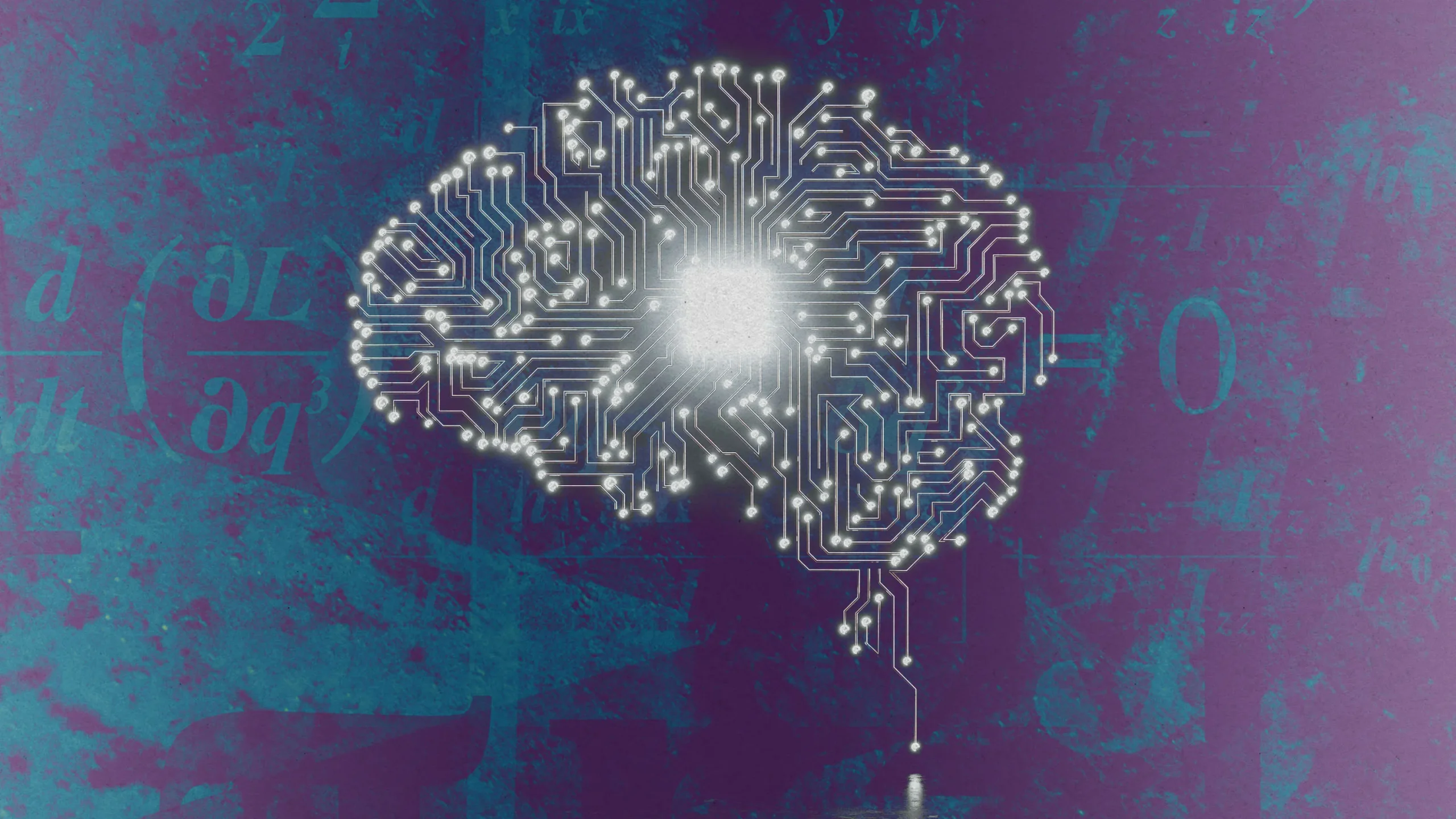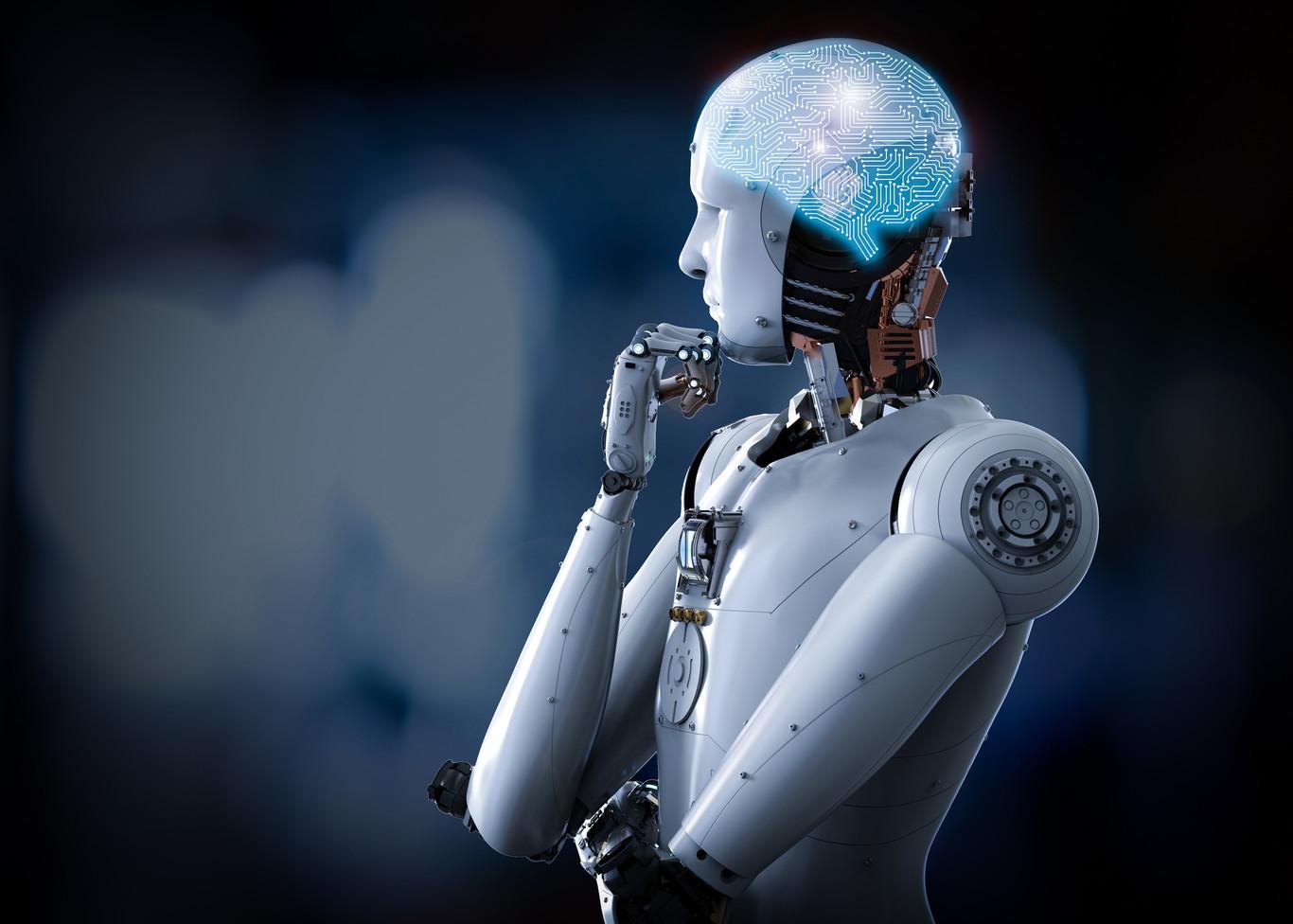Artificial Intelligence (AI) is transforming the landscape of personal fitness by introducing customized workout plans and diet regimes. This technology uses data-driven approaches to analyze individual health metrics, such as heart rate, sleep patterns, and daily activity levels. AI-driven fitness apps and devices can adapt in real-time to users’ changing health needs and fitness goals. This personalization extends beyond generic workout routines, offering bespoke solutions that cater to individual preferences and limitations. The integration of AI in fitness tools enables users to access professional-grade training insights without the need for a personal trainer, making high-quality fitness guidance more accessible and affordable.
Enhancing Health Monitoring through AI-Enabled Devices

AI has a significant role in advancing health monitoring systems. Smartwatches and wearable devices equipped with AI algorithms can continuously track vital health parameters like heart rate, blood oxygen levels, and sleep quality. This constant monitoring allows for early detection of potential health issues, enabling timely interventions. Moreover, AI algorithms can predict health risks by analyzing trends in biometric data, thereby aiding in preventive healthcare. These devices also encourage users to stay active and maintain a healthy lifestyle by providing reminders and motivational feedback, which is crucial for long-term health maintenance.
Personalized Diet Plans Powered by AI
AI’s impact extends to nutrition, where it assists in creating personalized diet plans. By analyzing dietary preferences, allergy information, and specific health goals, AI can recommend tailored meal plans and recipes. It takes into account the individual’s calorie requirements, macronutrient needs, and even their schedule to suggest optimal meal timings. This customization ensures that dietary recommendations are not only effective but also sustainable and enjoyable for the user. Additionally, AI can adapt these plans based on feedback and changes in health metrics, ensuring that the dietary guidance evolves with the user’s needs.
AI and Mental Health: A New Frontier in Wellness

AI’s role in personal wellness is not limited to physical health; it also plays a crucial role in mental health management. AI-powered apps and platforms offer personalized mental wellness advice, including stress management techniques, mindfulness exercises, and cognitive behavioral therapy (CBT) strategies. By analyzing user responses and behavioral patterns, these tools can provide targeted mental health support. This is especially beneficial for individuals who may not have access to traditional mental health resources. AI in mental health promotes a holistic approach to wellness, recognizing the interplay between physical and mental well-being.
Overcoming Challenges and Ethical Considerations in AI-Driven Health Regimens
While AI offers numerous benefits in personal health and fitness, there are challenges and ethical considerations to address. Privacy and data security are paramount, as these technologies handle sensitive health information. Ensuring that user data is protected and used ethically is a significant concern. Additionally, there is a need to prevent over-reliance on AI, encouraging users to maintain autonomy in their health decisions. It’s crucial for AI systems to be inclusive, accommodating diverse health needs and conditions. Addressing these challenges is essential for the sustainable and ethical integration of AI in personal health and fitness regimens.





Leave a Reply